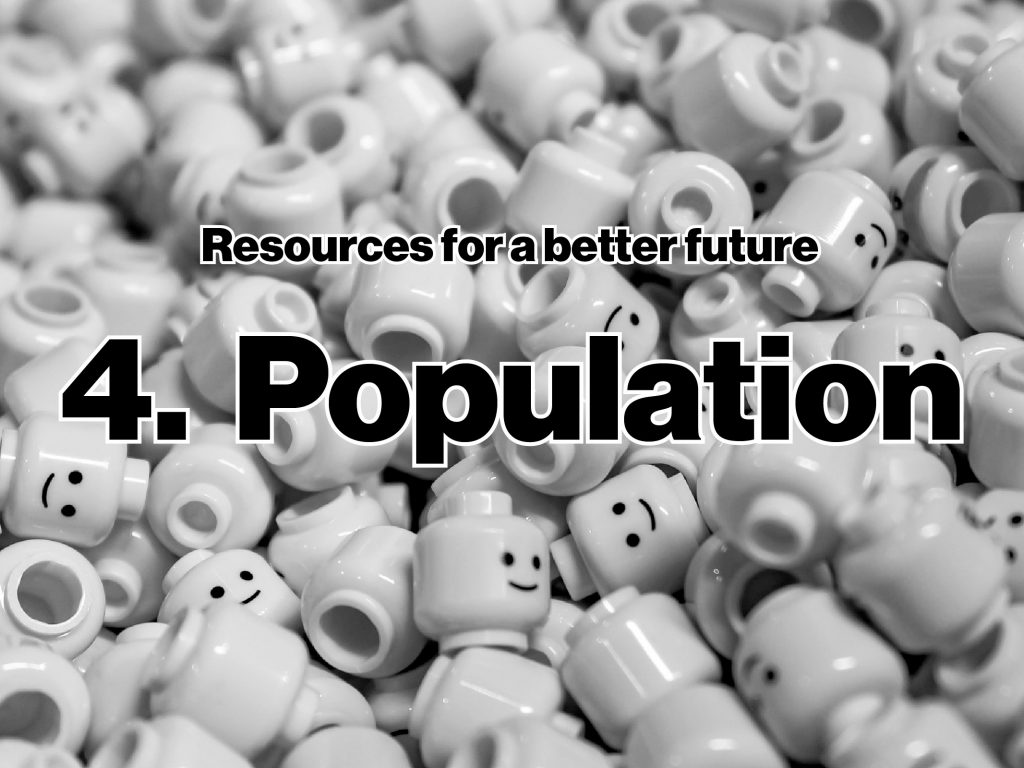Population
“Neo-Malthusian promotion of family planning as the solution to hunger, conflict, and poverty has contributed to destructive population control approaches, that are targeted most often at poor, racialized women.”

While often thought of as a given reality, definitions of population are highly political. They are most often negatively associated with notions of “overpopulation” or “too many” Black, Brown and Indigenous people, supposedly overly fertile women and poor people, as well as some religious and ethnic groups. These ideas about population serve the purpose of classifying people and marking them as in need of intervention, defining whose life and ways of life are valuable or worthy of reproduction. In this line, it is important to question how population numbers are calculated and how they are used, as they help shape possible futures.
In relation to the environment and environmental conflict, population is often defined as a problem in neo-Malthusian terms. Neo-Malthusianism builds on British economist Thomas Malthus’s predictions of population-induced resource scarcity and violence. Neo-Malthusian promotion of family planning as the solution to hunger, conflict, and poverty has contributed to destructive population control approaches, that are targeted most often at poor, racialized women.
Population control was an international development policy from the 1960s to mid-1990s. Its policies have been based on top-down, coercive interventions. Such interventions are tied with imperial strategies for restraining local populations. Examples include China’s one-child policy, sterilization abuses in 1970s India and 1990s Peru, and the wide-scale dissemination of long-acting reversible contraceptive methods in the global South as a condition of international aid, like Norplant implants in Indonesia and elsewhere. Although the 1994 International Conference on Population and Development foregrounded sexual and reproductive health and rights and women’s empowerment and moved away from population control, it continues in practice. Population control is part of a troubled present, and cannot be relegated to history as dated international development policy.
…click on the above link to read the rest of the article…